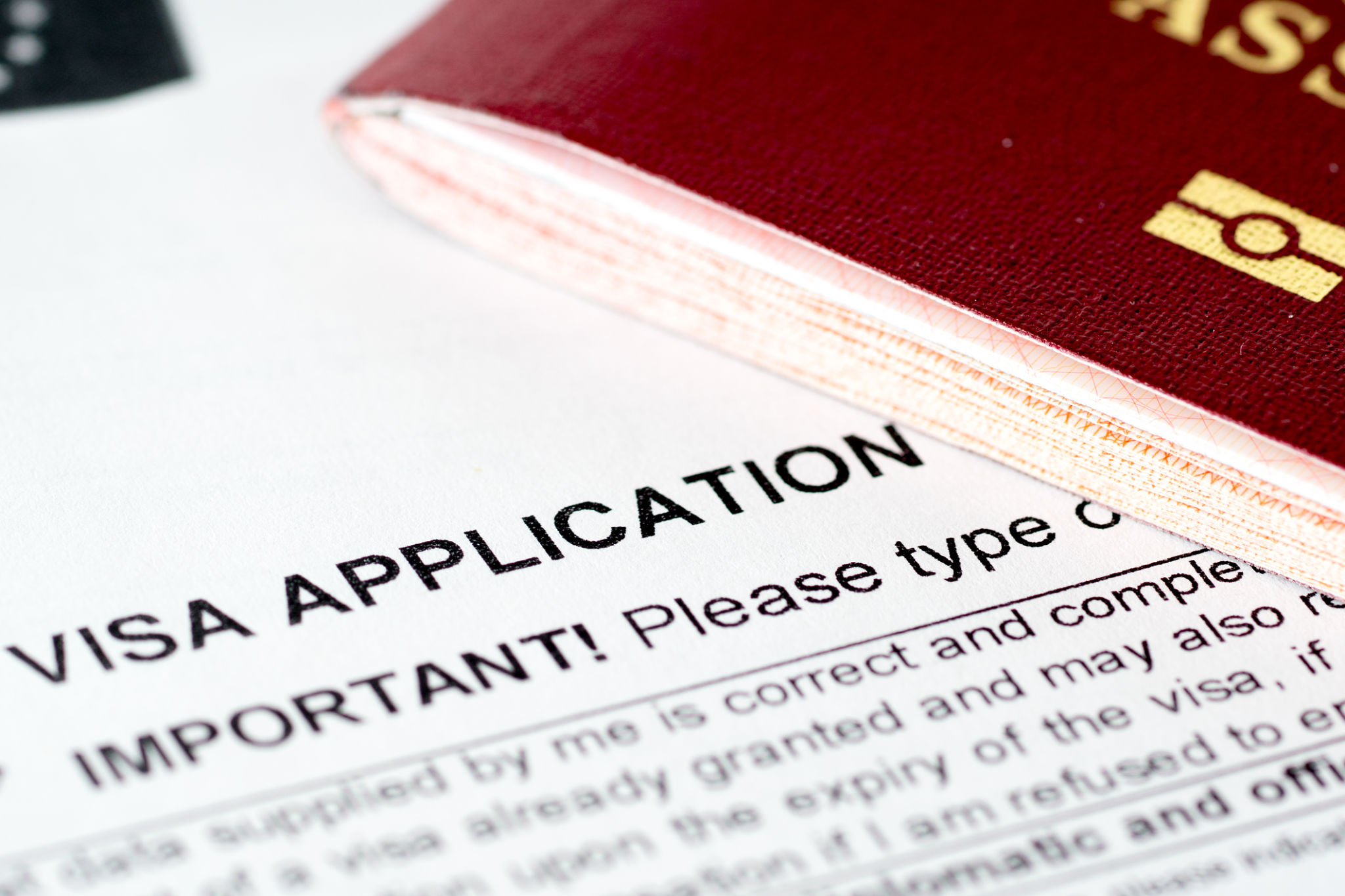Top 5 Misconceptions About Indonesia Visa Applications
Understanding the Indonesia Visa Application Process
When planning a trip or considering a move to Indonesia, understanding the visa application process is crucial. However, there are many misconceptions that can lead to confusion and unnecessary stress. This article aims to dispel common myths and provide clarity on Indonesia's visa applications.

Misconception 1: All Applications Are Processed the Same Way
One of the biggest misconceptions is that all Indonesia visa applications are processed in the same way. In reality, the process can vary significantly depending on the type of visa you are applying for. For instance, tourist visas often have different requirements and processing times compared to business or work visas. It's important to check the specific requirements for your visa type to avoid delays.
Misconception 2: Visa Approval Is Guaranteed
Another common myth is that applying for a visa automatically guarantees approval. This is not the case. Visa approval depends on several factors including the accuracy of your application, supporting documents, and sometimes even the discretion of the consular officer. It's essential to provide complete and accurate information to enhance your chances of approval.

Misconception 3: You Can Apply for a Visa at Any Time
Timing is crucial when applying for an Indonesia visa. Many people assume they can apply at any time, but it's important to consider the processing time and any potential delays. Some visas may take weeks or even months to process, so it's advisable to apply well in advance of your planned travel date to ensure everything is in order.
Misconception 4: No Need for Supporting Documents
A significant misunderstanding is that minimal documentation is required for a visa application. In fact, providing thorough and accurate supporting documents is critical. This may include proof of accommodation, a detailed itinerary, financial statements, or an invitation letter for certain visa types. Missing or incomplete documents can lead to delays or denial.

Misconception 5: Overstaying a Visa Has No Consequences
Overstaying a visa in Indonesia can have serious consequences, contrary to the belief that it goes unnoticed. Penalties for overstaying include fines and could affect your ability to enter Indonesia in the future. It’s essential to abide by the terms of your visa and leave the country or extend your visa before it expires.
In conclusion, understanding these common misconceptions can help streamline your Indonesia visa application process and avoid unnecessary complications. Always ensure you have up-to-date information from official sources and seek professional guidance if needed.